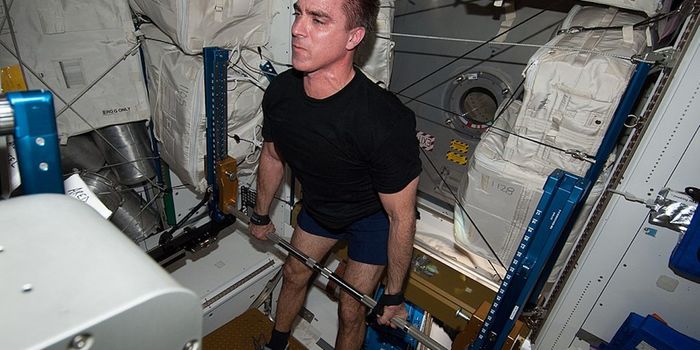Should We Fly By Venus on the Way to Mars?
After landing on the Moon, heading to Mars became the next logical step for space exploration. Some suggest that flying towards Venus is both a faster and cheaper way to get there.
Noam Izenberg, a planetary geologist at John Hopkins University, and others have drafted a white paper recommending a detour to Venus while on the way to or from Mars.
To understand why let's look at the two ways to travel between Earth and Mars. The first involves flying a spacecraft between the two planets where their orbits align. This is known as a conjunction mission. After reaching Mars, astronauts would need to wait for the planets to align again before returning to Earth- meaning they would need to spend at least a year and a half on the planet.
The second way is known as an opposition mission. In this case, the spacecraft would make a detour towards Venus to or from Mars, and use its gravitational pull to alter its course. In doing so, astronauts could significantly reduce the amount of energy needed for each trip. This would lead to significant savings on fuel, weight, and of course, cost.
This kind of mission would also mean that launches between the two planets could happen every 19 months, as opposed to every 26 months. It could also potentially allow astronauts to spend as little as one month on Mars at a time, as opposed to a year and a half via conjunction mission.
Already, it seems that NASA is planning on employing an opposition mission to Mars. In a report from April, the agency mentions 'two-year Mars class missions', as a future aim.
Kirby Runyon, a planetary geomorphologist at Johns Hopkins University, and one of the co-authors of the whitepaper, said, "Assuming that this report is talking about normal forms of propulsion, the only way you can get to Mars and back in two years is if you include a Venus flyby."









